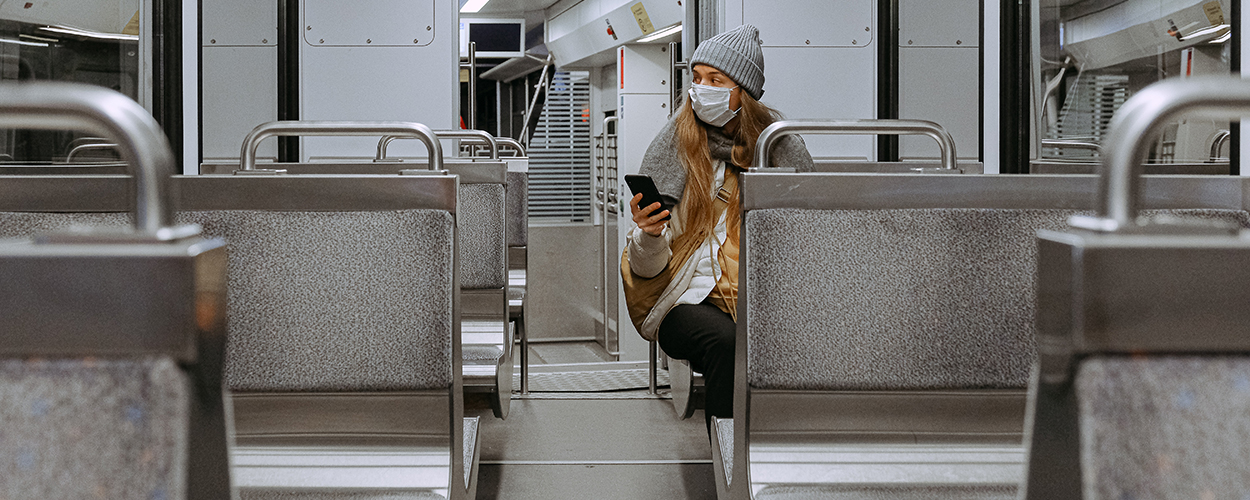This website uses cookies so that we can provide you with the best user experience possible. Cookie information is stored in your browser and performs functions such as recognising you when you return to our website and helping our team to understand which sections of the website you find most interesting and useful.
Business News Live Business Top Stories
UK government’s Operation Moonshot could get full-capacity gigs back up and running – but experts question how realistic the plans really are
By Chris Cooke | Published on Thursday 10 September 2020

The UK government has said that it hopes to instigate widespread, regular and rapid testing for the COVID-19 virus which would allow venues to start operating without the social distancing rules that stop many shows and events from being commercially viable.
However, such an initiative would be incredibly ambitious, very expensive (reports say as much as £100 billion in total – close to the entire annual budget for the NHS) and – some experts have stressed – relies on technology that doesn’t yet exist.
The plan to deliver that level of COVID-19 testing – dubbed ‘Operation Moonshot’ – was set out by British Prime Minister ‘Boris’ Johnson yesterday, alongside confirmation that COVID restrictions in England were being increased again after another surge in the number of people contracting the virus.
The new restrictions basically mean that any gatherings of more than six people will not be allowed, although they do not apply to workplaces and educational establishments.
The changes also shouldn’t majorly impact on those entertainment and hospitality businesses that had previously been allowed to re-open after the COVID shutdown, although the social distancing rules already in place may need to be increased. And some things that were previously recommended by government – like keeping a list of all customers as part of COVID track and trace measures – will become mandatory.
However, the recent increase in COVID cases and resulting new restrictions put a bit of a dampener on all the recent comments from ministers to the effect that it was hoped social distancing rules at venues could be relaxed this side of Christmas, allowing more shows and concerts to return.
Unless, that is, you are willing to buy into Operation Moonshot, plans for which were alluded to by Culture Minister Oliver Dowden in his upbeat opinion piece for the Mail On Sunday last weekend.
That grand plan would see COVID testing expanded so that – rather than just people who suspect they might have the virus being tested to confirm their suspicions – those who are pretty certain they are virus free would also be subject to regular tests, to confirm they are not infectious.
Once a test came out negative, that person would be free to work, travel and socialise in a pre-pandemic fashion. And Johnson’s grand plan involves sufficiently speedy COVID testing that people could be confirmed as virus free on their way into work, school or a venue for some non-socially distanced funtimes.
It’s a nice idea, of course, especially for those who are pessimistic about how soon an effective COVID vaccine will be available, ie the thing that would allow everyone to declare the pandemic over and get back to normal.
And while on-the-spot testing would be potentially costly and a hassle for venues and events, if it allowed those venues and events to operate at full capacity again, it might be a cost and hassle worth incurring.
Of course, Johnson and his band of champion bullshitters have been very good at making bold promises about COVID testing since the start of the pandemic, and less good at making good on those promises.
Given the various concerns raised by scientists and public health experts in the wake of the latest Johnson press conference, ‘Operation Moonshot’ currently sits in the “nice idea!” category, rather than the “woo, we have a solution!” category.
All of which means, in the short term, the music industry will continue to call for financial support for live music businesses and freelancers – and music-makers who rely on live income – insisting that bold plans about future COVID testing shouldn’t be used as an excuse to ignore the desperate situation that many people working in music are still in.
In the words of Deborah Annetts, boss of the Incorporated Society Of Musicians, while Johnson’s Operation Moonshot plan is “laudable” it is “a long-term plan and what the music community needs most is urgent support now”. Arts and culture “is currently the worst-affected sector and the reality of socially distanced performances means that most venues cannot afford to reopen, leaving the majority of self-employed musicians without work”, she added.
As a result, “many of our members are in desperate financial difficulty and unable to wait until this new testing strategy is implemented. That is why over 120 organisations from across the creative industries called for a tailored financial scheme for our self-employed workforce until venues can safely and fully reopen. If [government] do not support the lifeblood of the performing arts, then we are looking at an exodus of highly skilled talent”.





